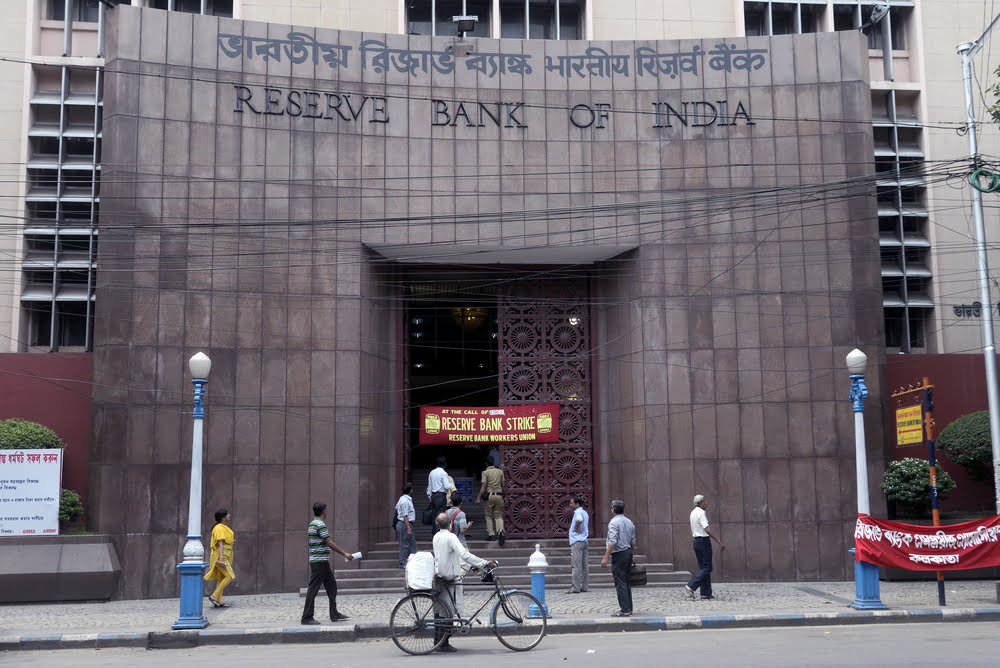The Supreme Court of India will listen to all cases that have been filed against the Reserve Bank of India on July 20, reports the Economic Times. A total of five petitions have been filed against the country’s central bank after it issued a circular in April that barred any financial institution that it regulates from providing services to crypto-related businesses. The Supreme Court itself issued a directive that bars all the other courts in the country from accepting crypto-related petitions going forward.
Lack Of Stakeholder Consultation
There have been five petitions in total challenging the Reserve Bank’s directive. Two of them were filed at the Supreme Court, with two having been filed at the Delhi High Court and one at the Calcutta High Court. The petitioners are angered because they were not consulted by the Reserve Bank before it made the ruling, according to Anirudh Rastogi. Rastogi is the Managing Partner at TRA Law, the law firm that filed the petition on behalf of exchanges.
One of the key arguments [laid] out in the petition was that the circular was not preceded by any stakeholder consultation, which is what the latest order gets to.
The Supreme Court has given the petitioners two weeks in which to make representations to the Reserve Bank regarding the circular. Rastogi reckons that this will be a good time for the petitioners to showcase how the industry is capable of self-regulation through such policies as Know Your Customer and Anti-Money Laundering.
It all started when the Reserve Bank issued a circular in April that restricted all financial institutions under its authority from offering services to crypto-related businesses. In the case of those that were already offering these services, the Reserve Bank gave them a period of three months to exit the relationships. The deadline provided to the financial institutions was July 5, 2018. The move revived fears that the country was on its way to completely banning cryptos, although this hasn’t happened.
The Petitions
One of the petitioners is Flintstone Technologies Limited, which filed a petition with the High Court in Delhi contesting the directive by the central bank. It termed the directive as unfair and unconstitutional, pointing out that the regulator had yet to give any reasons for the move. The company, whose trade name is Money Trade Coin, followed in the footsteps of Kali Digital Eco-Systems, which had filed a petition at the same court. Kali Digital, the company that is behind the upcoming crypto exchange Coin Recoil, termed the directive a violation of the country’s constitution. In its petition, it further explained that the directive has kept the company from accessing banking services which are crucial to its operations. It also termed the directive a violation of the country’s freedom of occupation.
The Internet and Mobile Association of India (IAMAI) is another petitioner. IAMAI is a not-for-profit organization that was formed to champion the interests of the Indian online and mobile services industry and boasts some of the country’s top crypto exchanges as members, including Zebpay, Unocoin and Coinsecure. Four other exchanges filed a joint petition earlier this month challenging the directive. They include Coindcx, Coindelta, Throughbit, and Koinex.

